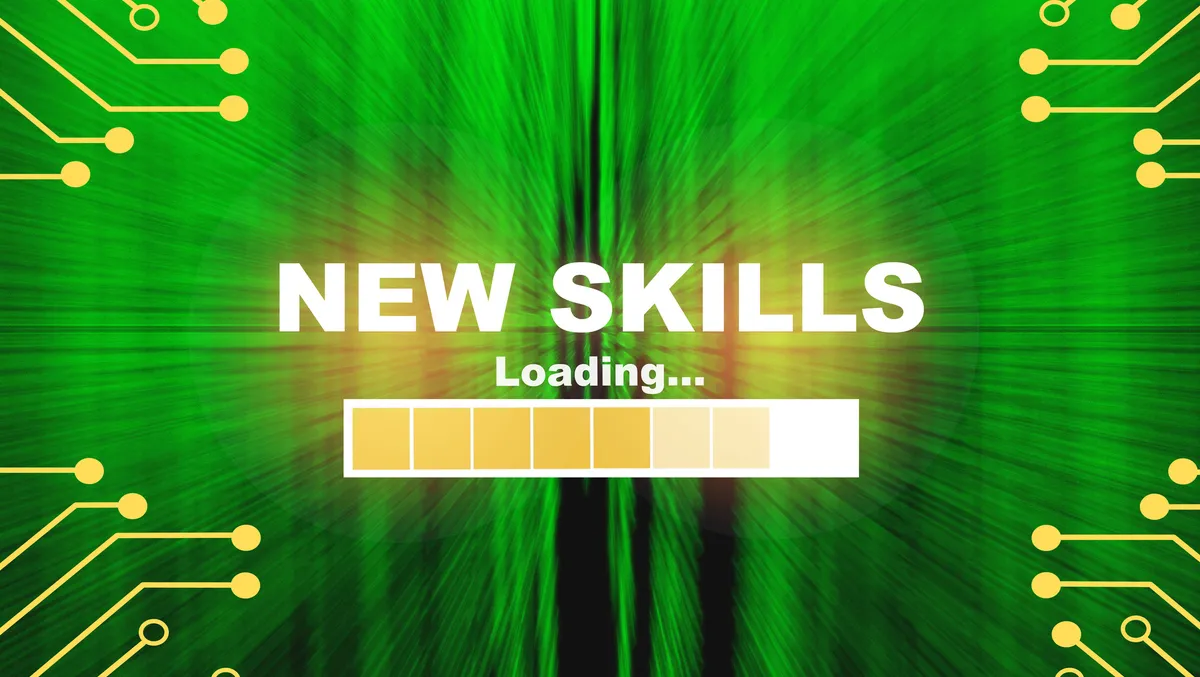
Execs estimate 40% of workforce will need to reskill due to AI
Executives in Singapore estimate that 40% of their workforce will need to reskill as a result of implementing AI and automation over the next three years, according to a new global study by the IBM Institute for Business Value.
According to the World Bank, there are 3.4 billion people in the global workforce, which means roughly 1.4 billion people will likely need to be reskilled in the near term, according to IBM.
Availability of external skills and building new skills for existing talent rank the first and second most pressing issues for surveyed executives in Singapore. Respondents prefer to invest in reskilling (62%), as opposed to hiring from the outside (38%).
The new "Augmented work for an automated, AI-driven world" study also reveals that, while workers at all levels will feel the effects of generative AI, 77% of U.S. executive respondents from multinational companies say entry-level positions are already seeing the effects of the technology compared to only 22% of those surveyed reporting the same for executive or senior management roles.
The study found a disconnect between employers and employees about what's most important at work. With AI primed to take on more manual and repetitive tasks, 46% of employees surveyed in Asia Pacific report that engaging in impactful work is the top factor they care about beyond compensation and job security - more important than flexible work arrangements, growth opportunities and financial equity.
However, employers haven't recognised this fact. In Singapore, executives surveyed ranked impactful work as the least important factor to their workforce, instead pointing to flexible work arrangements and clear performance metrics as the highest attributes beyond compensation and job security, the study finds.
Lai Yee Ng, Manager Partner of IBM Consulting, Singapore, says, "Generative AI is driving massive shifts in employee roles and skills, especially those in entry-level. The focus on skills is, however, not enough as true progress requires reimagining work itself."
"The enterprise of tomorrow cannot run with yesterday's talent, and it's time to prepare the workforces for new applications of AI. Combining human expertise and knowledge of complex business processes with AI tools will enable companies to create new opportunities and accomplish business outcomes faster than before."
The study also provides recommendations for how leaders can take action to address their talent challenges in the era of AI and help their organisations transform for the future, including a focus on skills and operating models.
The IBM Institute for Business Value, in cooperation with Oxford Economics, surveyed 3,000 global C-suite executives across 20 industries and 28 countries from all major regions in December 2022 and January 2023 about job roles, skills and how work gets done.
The IBV also surveyed nearly 370 executives from Australia, Germany, India, Singapore, the United Kingdom, and the United States in April and May 2023 about jobs and skills in the context of generative AI, and 300 executives from the US about generative AI's impact on labor.
In addition, the IBV surveyed over 21,000 workers across 22 countries in December 2022 to understand their expectations and motivations for work arrangements, career mobility, and the overall employee experience.
The IBM Institute for Business Value, IBM's thought leadership think tank, combines global research and performance data with expertise from industry thinkers and leading academics to deliver insights.


